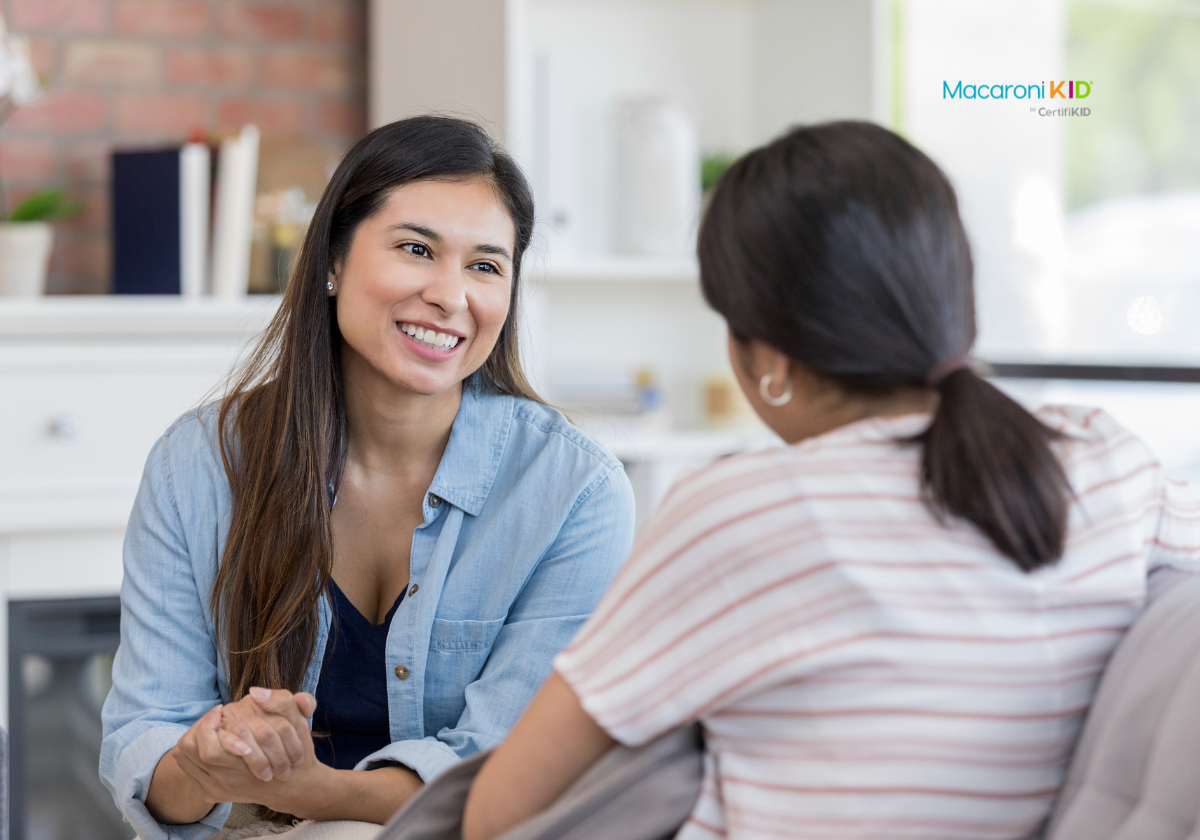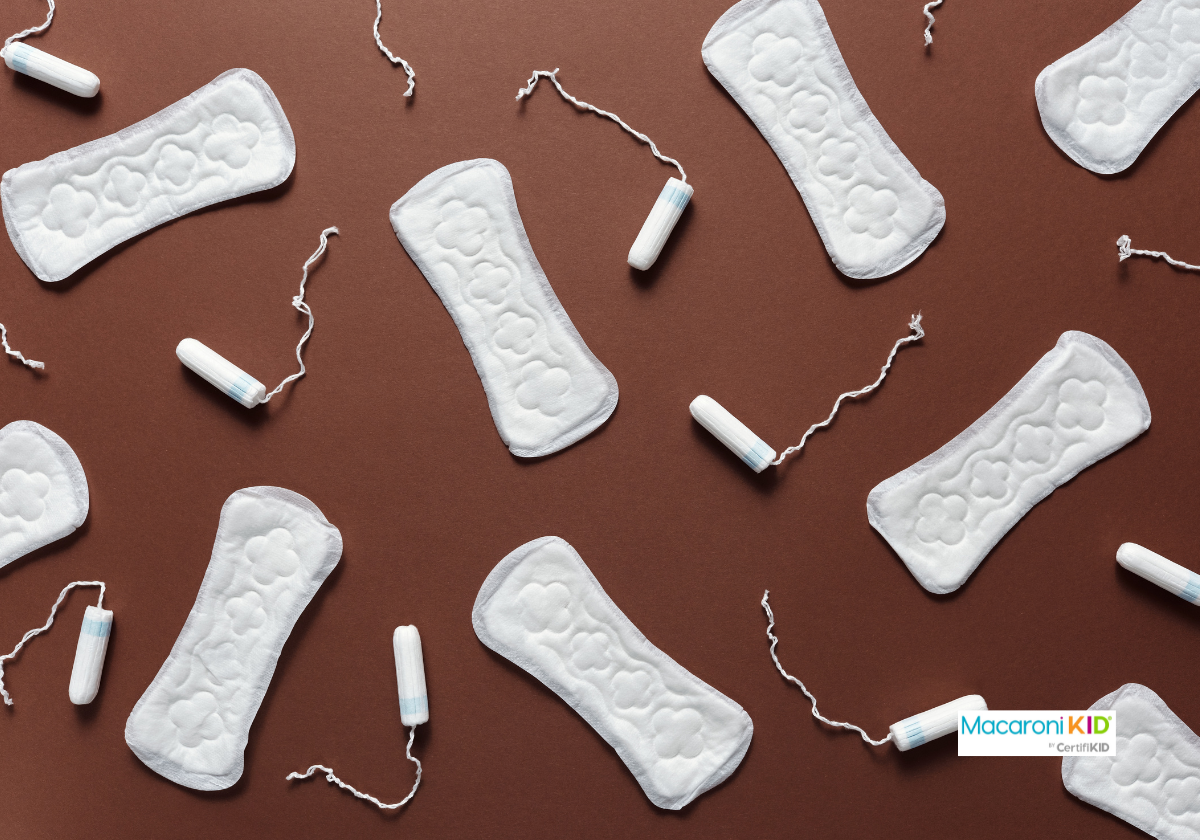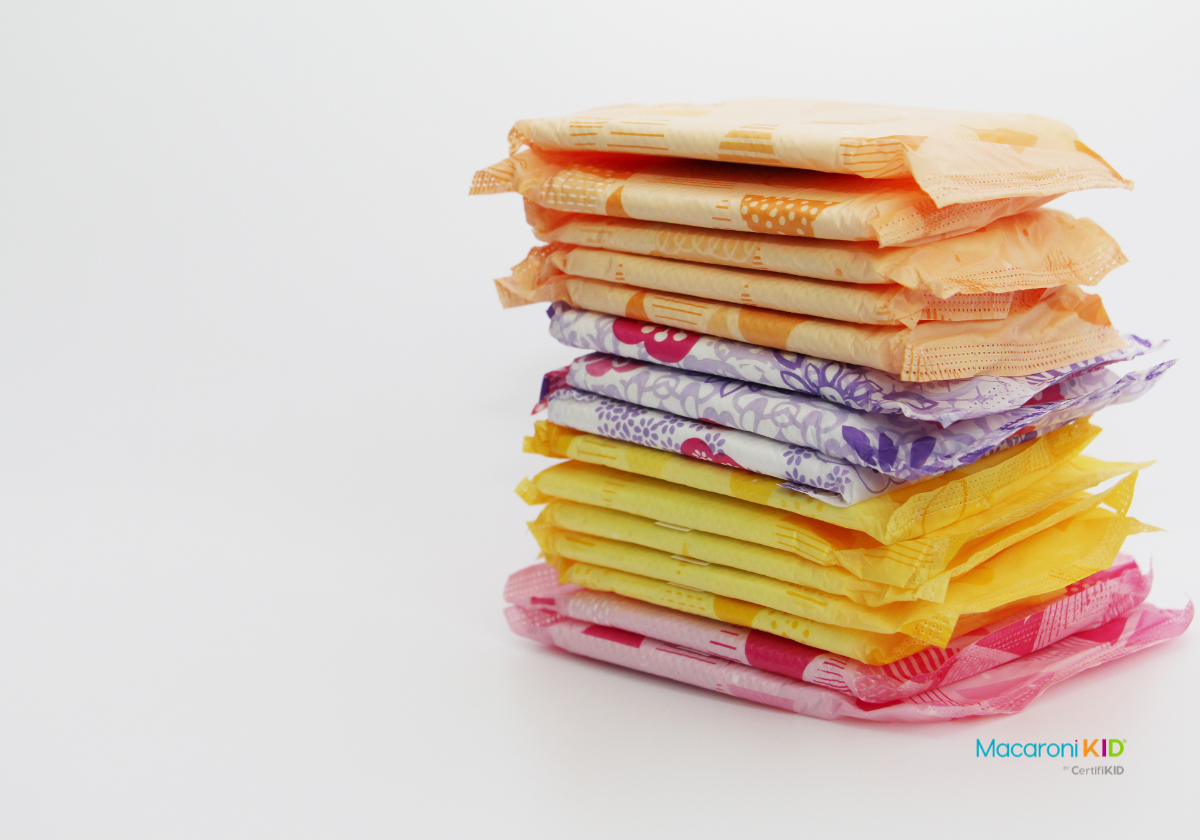Menstruation is a fact of life. Talking about her period before your daughter actually begins having it can help to avoid misinformation from peers and help her be prepared — and less frightened — about the changes happening in her body.
Here are 8 tips on helping your daughter be prepared for her period:
1. Start talking earlier than you think necessary
Most girls get their first period between the ages of 10 and 15. The average age is 12. Inevitably, the subject will come up among her peers before then. Do you want to be the one to tell her about this rite of passage, or do you want it to be Abby from dance class who discusses it with your daughter? Talking to your daughter early and often about puberty and menstruation can help keep her from feeling fearful or anxious about the changes happening in her body.
2. Don't overwhelm her
Break up your talk into smaller talks. Your daughter may be overwhelmed by her changing body, and covering the entire puberty conversation at the same time could be too much for her. Bring up menstruation when it comes up naturally — when she asks how babies are born, or when her body will change, for instance.
Need to brush up on the science behind the menstruation cycle? Here's a good place to start.
 SDI Productions | Canva SDI Productions | Canva |
3. Remember the basics
While the biology of menstruation is important, remember that this is all new to her, and you need to start with the basics. For instance, let her know that her period will repeat monthly.
4. Teach her how to use feminine hygiene products
The practicalities are important too. Just because you've talked to her about what menstruation means for her body doesn't mean she knows how to use a pad, period underwear, a cup, or tampon. Show her how to apply a pad to her underwear Go through the instructions on a cup or tampon box together. Don't rush her — many children start with pads, as they aren't comfortable with the idea of a tampon or cup yet.
 Cliff Booth | Canva Cliff Booth | Canva |
5. Provide her with backup
Equip your daughter with a "just in case" stash of tampons or pads for school. Backups can easily be stored in a school locker or a backpack pocket.
6. Have a plan for her first period
The first period has no regard for timing. It could begin at home, at school, or on a road trip. Have a plan in the event that she begins her period at school or away from home. A visit to the school nurse or other trusted adult is a safe bet. Also, have a plan for accidents at school. Leaks happen.
 Marina Demkina | Canva Marina Demkina | Canva |
What to consider for an on-the-go 'period kit' for a child
Pads
Clean underwear
Wipes
A sealable plastic bag
Cosmetic case (to store the items)
7. Remind her everyone's body is different
She might want to know, if Abby from dance class has already begun her period, why hasn't she? Remind your daughter that nature will take its course when ready and that everyone's period is different.
8. Keep the conversation positive
Be positive and open to her questions about her period. You want your daughter to be comfortable talking to you throughout this time in her life — and beyond.






